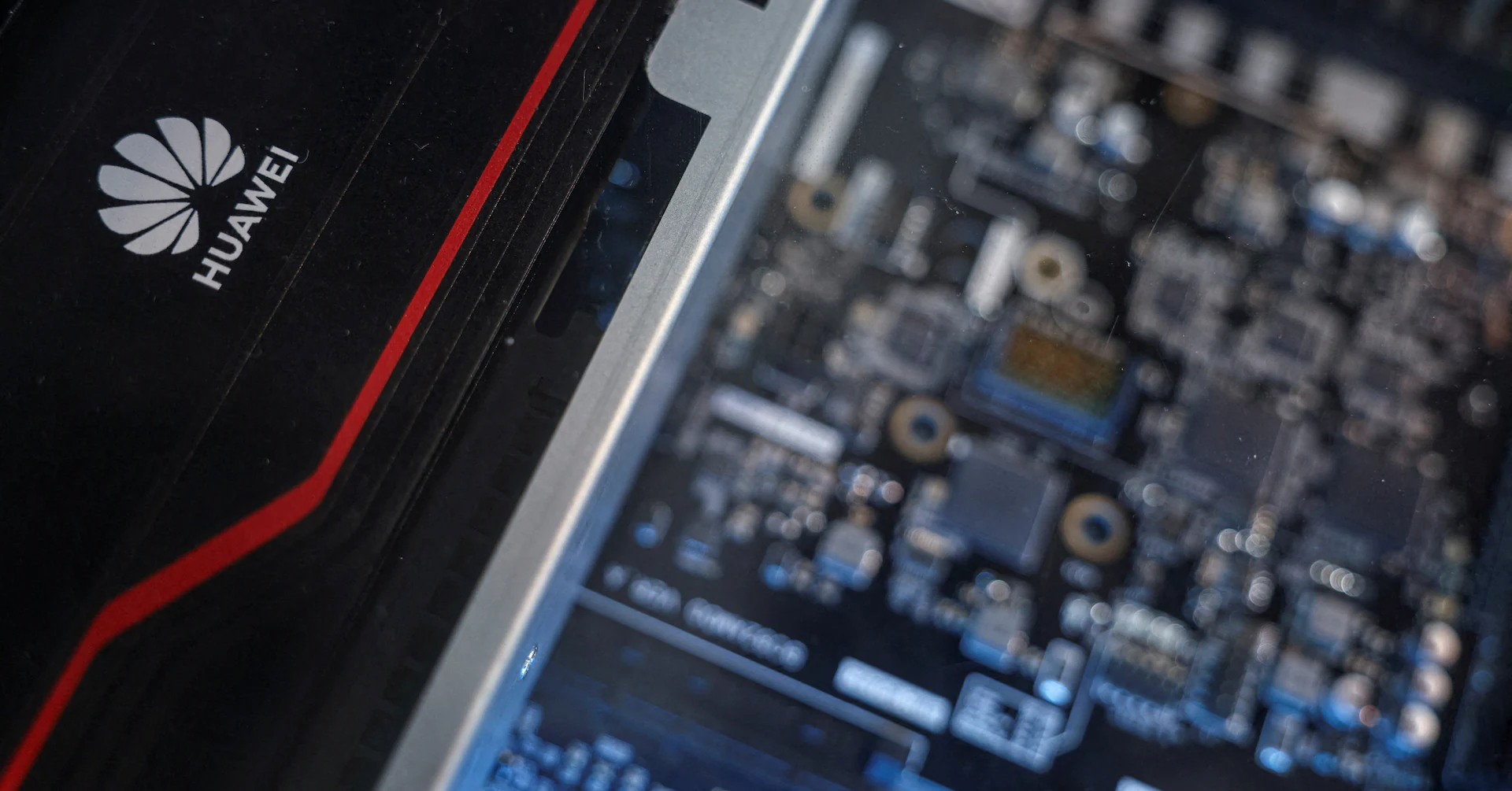
HONG KONG, Sept 19 (Reuters Breakingviews) – An unexpected challenger is stealing Huawei’s thunder. China’s designated chip champion on Thursday detailed for the first time its ambitious plans to take on U.S. titan Nvidia (NVDA.O), opens new tab. At home in the People’s Republic, however, Alibaba (9988.HK), opens new tab, the $390 billion e-commerce group founded by Jack Ma, and others are rapidly advancing their silicon ambitions too. It opens up a new and unexpected front in the global chip war.
Huawei has been leading the country’s efforts to be 70% self-sufficient in artificial intelligence chips by 2027 in certain cities. Recently, its efforts to break Nvidia’s dominance have gained momentum – with Beijing’s help. Authorities have asked companies to stop buying certain products from the U.S. firm, the Financial Times reported, opens new tabthis week, citing sources, creating a void for Huawei to fill. Market watchdogs have also accused Nvidia of violating China’s anti-monopoly law.
Sign up here.
Huawei’s flagship Ascend chips are now used by major state-owned enterprises including Industrial and Commercial Bank of China (601398.SS), opens new tab and State Grid Corporation of China. On Thursday, besides announcing three new chips over the next three years, Huawei unveiled plans for its next “supernode”, or cluster of computers featuring thousands of processors, that it says will be more powerful than Nvidia’s comparable system.
Yet it’s not the only competition the American giant faces in the world’s second largest economy. This month state broadcaster CCTV spotlighted a massive data centre built by telecom China Unicom (0762.HK), opens new tab entirely powered by made-in-China semiconductors. It’s a formidable feat, given U.S sanctions and export controls have cut off the People’s Republic from advanced chipmaking technology; even more impressive is that Alibaba’s chip subsidiary, T-Head, supplied roughly 72% of the 23,000 processors used.
Securing such a high-profile contract with a state giant is a huge endorsement for the private-sector firm that was until not long ago at the centre of Beijing’s tech crackdown. T-Head, founded just seven years ago, is not even mentioned in Alibaba’s latest annual report. Its chips were long seen as for internal use only and mostly cater to its parent’s cloud computing division, which directly competes with Huawei. The duo’s rivalry, however, now goes beyond the cloud.
News of Alibaba’s silicon achievements, including the latest CCTV report, helped push its shares in Hong Kong up by more than a third over the past month alone. Similarly, cloud computing rival Baidu (9888.HK), opens new tab recently won chip orders worth over 1 billion yuan ($140.6 million) for larger telecoms firm China Mobile (600941.SS), opens new tab. Smaller outfits like Biren Technology are also making in-roads as semiconductor suppliers to state-backed projects.
Ultimately, the intensifying competition is a good thing for China’s economic planners. Their preferred approach of picking winners can be expensive and has not worked well in semiconductors or AI, where under-the-radar challengers like DeepSeek – and now Alibaba- have emerged. Realistically, Alibaba and Baidu would not have wanted to depend on their competitor, Huawei, for chips. Beijing’s best policy may be to step aside and let them fight it out amongst themselves, and against Nvidia.
Follow Robyn Mak on X, opens new tab.
Context News
For more insights like these, click here, opens new tab to try Breakingviews for free.
Editing by Una Galani; Production by Aditya Srivastav
Breakingviews
Reuters Breakingviews is the world’s leading source of agenda-setting financial insight. As the Reuters brand for financial commentary, we dissect the big business and economic stories as they break around the world every day. A global team of about 30 correspondents in New York, London, Hong Kong and other major cities provides expert analysis in real time.
Sign up for a free trial of our full service at https://www.breakingviews.com/trial and follow us on Twitter @Breakingviews and at www.breakingviews.com. All opinions expressed are those of the authors.
Robyn Mak joined Reuters Breakingviews in 2013. Previously, she was a Research Associate for the Global Policy Programs at the Asia Society in New York. She has also worked at the Carnegie Endowment for International Peace in Washington DC and interned at several consulting firms, including the Albright Stonebridge Group. She holds a masters degree in international economics and international relations from the Johns Hopkins School of Advanced International Studies and is a magna cum laude graduate of New York University.



